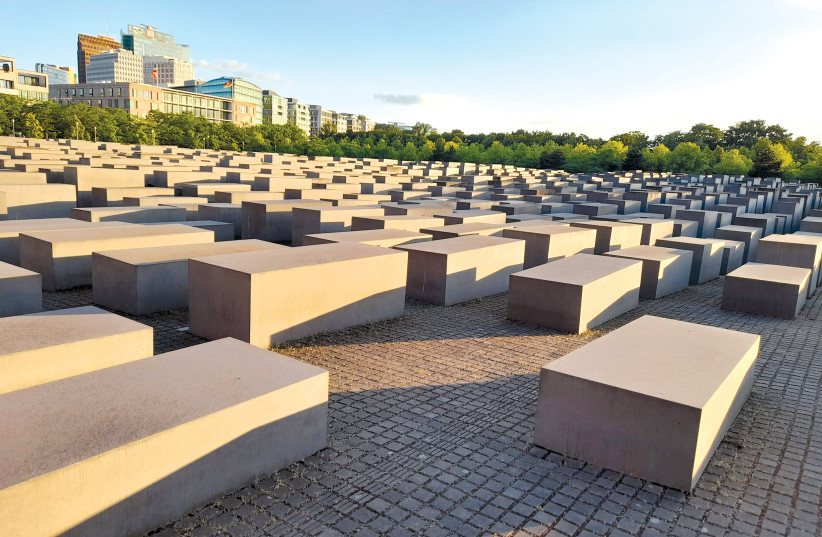Last week The Jerusalem Post published in these pages an opinion piece which unfortunately failed to go through a sufficient vetting system. We sincerely regret this error. The oped, written by an Australian under the name of David Goldman, was titled: “This disgraceful mocking of the Holocaust needs to stop now.” In it, he ridiculed and belittled Croatian Holocaust scholar Dr. Ivo Goldstein. Dr. Goldstein was given the right of reply which appeared in yesterday’s Post opinion pages under the title “A collage of lies.”
The publication of the original op-ed stemmed from the Post’s policy to offer our readers a broad range of opinions from a wide selection of writers. It is a policy of which we are proud, although it is occasionally and regrettably abused by writers.
The most important lesson we can take from this incident is the need to avoid helping, inadvertently, the battle over the truth of the Holocaust. As fewer and fewer survivors and first-hand witnesses remain to tell their experiences of the greatest atrocity of humankind, the stories have become a battle of narratives, exploited for different purposes.
These specific opinion pieces referred to the roles of the Croats and Serbs. The sensitivity exists equally for almost every country in Europe including Russia, Ukraine, Hungary and western European countries conquered by the Nazis in the Second World War. It can be seen particularly in Poland which recently passed laws making it a criminal offense to blame the Poles for crimes committed in their country during the Holocaust and halted the restitution of Jewish property wrongfully confiscated during the years of the Polish communist rule following the end of World War II.
It is true that concentration and death camps were run by the Nazis, but in many countries, they found willing collaborators among the local population who were more than happy to assist in eradicating Jews. What this has led to are two disturbing trends which are affecting the historical truth of the Holocaust. On the one hand, there is a trend by the countries where the Nazis ruled to portray themselves first and foremost as the victims. This is the case, for example, in Poland which prefers to focus on its own victimhood as opposed to the genocide of millions of its Jewish population.
On the other side, there is a universalism in force under which the Holocaust is played down and the events of the 1940s are turned less and less about what happened to the six million Jews who were killed, and more a modern-day lesson in anti-racism.
The fight against racism and hatred of all kinds is, of course, hugely important. But this should not come at the cost of revising Holocaust history. The Holocaust – the Shoah, as it is called in Hebrew – was a systematic attempt to erase the world of every single Jew, and all remnants of Jewish religion and culture.

Millions of people died at the hands of the Nazis and their collaborators during World War II, but apart from the Jews and the Roma, they were not the victims of a deliberate policy of genocide. The Poles, Serbs, Croats, Russians, Ukrainians, Dutch, French and victims of other nationalities were not killed by the Nazis in order to brutally eradicate the very existence of their nations.
The modern attempts to include everyone as victims carries with it a serious danger of deflecting attention from the one people who were the primary target of Nazi genocide – the Jews. It is true that the whole world can and should learn the lessons of the Holocaust. The phrase “Never forget!” should not be an empty slogan. But it should not be turned into another tool in a battle of narratives and historical revision.
When nobody is blamed for the Holocaust, the blame is inevitably cast on the victims themselves, the Jews.
For the sake of future generations, as well as to commemorate the memories of the six million Jews killed in the Holocaust, we must not let history be rewritten so it can match nationalistic interests. This was the problem with what Goldman was attempting to do.
We cannot allow the facts and truth of the Holocaust to be hijacked for narrow political purposes.
